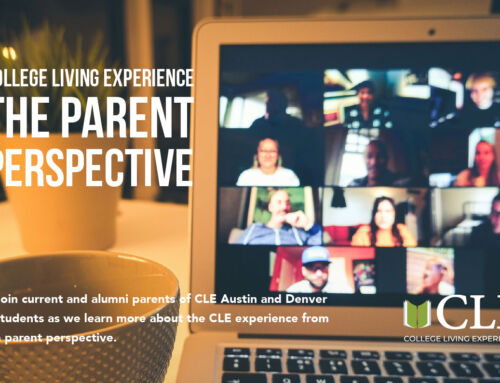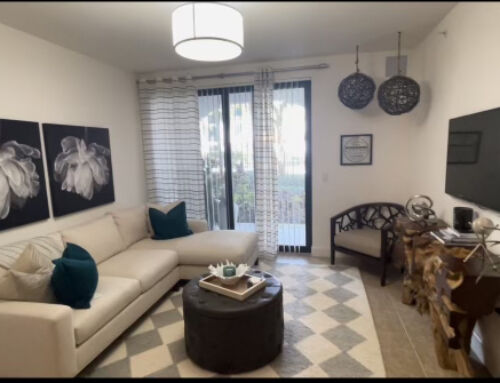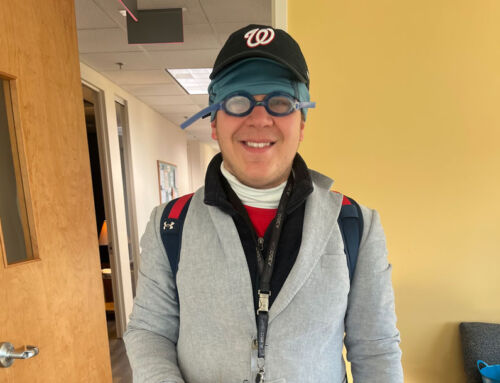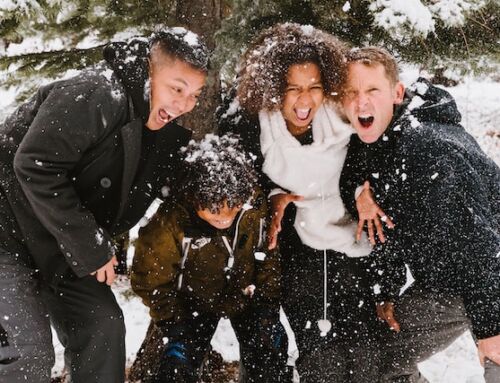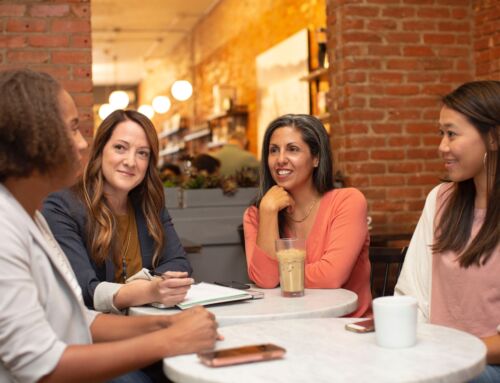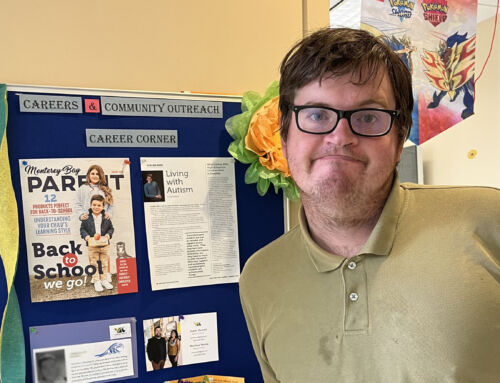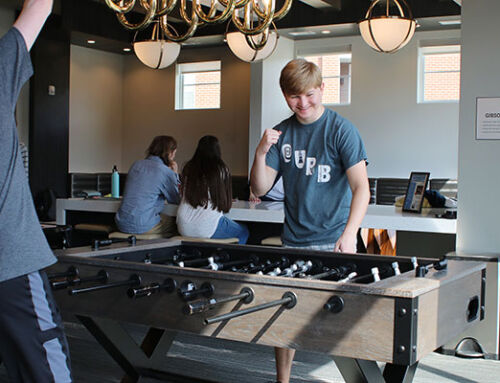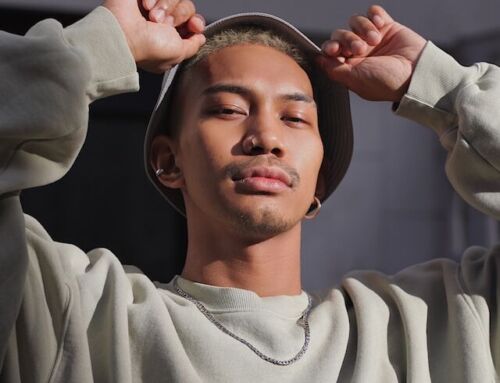By Allyson Raffel, LMFT Director of Clinical Services CLE Cost Mesa
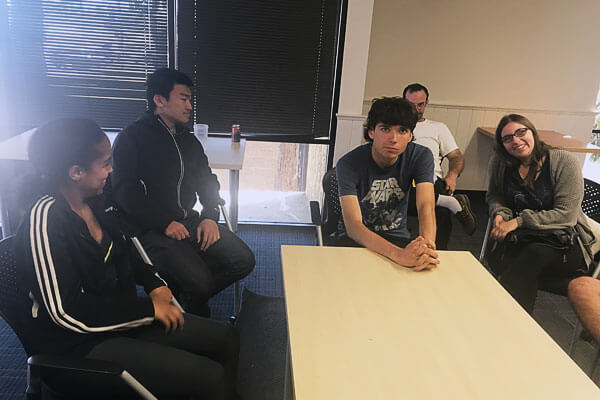
How do you identify?
“Everyone is different, none of us are clones. We all function different. Normal is what the most people go through. Normal is what is appropriate at the time. Normal might be culture-wise.”
– Nami Chen
“There should be different terms because everyone is different and has different thoughts and their brain is not thinking the same way. I identify as truthful, not procrastinating, trying to be clear and correct, and trying to understand.”
– Courtney McCloud
“I don’t think there is such a thing as normal. I don’t want to be labeled as normal because I think everyone is equal. Whether you have a diagnosis or not you’re still equal; still a human being and part of a society and wanting to be accepted in society.”
– Mark Daza
“I think neurodiverse is too vague because we are each our own person. I describe it as eccentric. There is a lot of truth to that, but sometimes things like asexuality look like pathology but really it is more a neurodiverse thing, conditions like depression and anxiety are pathology.”
– Stephanie Zhou
“I identify as being special, witty and sarcastic.”
– Michelle Caldiero
“Normal doesn’t exist there’s no such thing because no one is normal.”
– Jessica McCartney
“Normal is kind of like the standard. There is better, there is worse. In some situations, it’s better to make it so you seem normal. Which, sometimes, it does work better. Normal is different ways of solving problems but it’s not always the best way. Sometimes normal is the best way and sometimes it’s not.”
– Matthew Strotman
“I think everyone’s different and I think everyone is unique and beautiful. I don’t think anyone has to change themselves just because people want them to change. They need to work on themselves for themselves, that’s what I learned here.”
– Kathryn Porter
“Someone who is neutral about everything. It takes a while for me to process things but not all time. I call it brainstorming.”
– Sam Shiell
“Normal is not having a disability, I feel different, but a good different.”
– Lex Eddy
“Yes I have a ‘disability,’ but I don’t like that word because it’s a lot of labeling. What I do have to say is that it makes me unique, and everyone has their strengths and weaknesses. My disability gives me much more strengths and makes me a better person.”
– Ben Rosenmayer
How can we create an inclusive environment as the new normal?
“Educate them. Tell them about what you have and what you do differently and how to solve it.”
– Celine Sirois
“We could create an inclusive environment if they understood how other people felt. If they understand that other people have feelings too. It’s nice to see that people would think of others as differently, but only if they think of them in a good way, not a bad way.”
– Jessica McCartney
“Sometimes we are the ones who have to change, not everyone else. There are behaviors that are not accepted for good reason and that should not be accepted, and there are those that are acceptable. If someone is not willing to accept the little things, then I will find someone who will. If it’s something important (like a dangerous behavior or socially acceptable behavior), then I’m the one who has to change.”
– Matthew Strotman
“When you first meet me, I might be a little shy but when I get to know you the real me comes out and when that happens you have to understand if I act differently that’s just me. The el fuego comes out of me!”
– Celine Sirois
“First getting to know me I’m quiet but then I get to know you and I start a friendship and become outgoing. Because I learn more about the person and I want to hang out with you. I accept everyone for who they are.”
– Kathryn Porter
“Communication. Share your ideas about what you think is ‘normal.’”
– Courtney McCloud
“Spread the word and find a good cause.”
– Mark Daza
Inspiration
My diagnosis doesn’t classify who I am
It is a struggle that ignites someone to work harder
There are ways to avoid it, like spam.
– Poem by Aaron Comoletti
The song “Nobody’s Perfect” by Hannah Montana. “You don’t have to change for anybody. Don’t give up trying.”
– Celine Sirois
The song “Perfect” by Why Don’t We. “Everybody is the same equally, nobody’s perfect.”
– Celine Sirois

